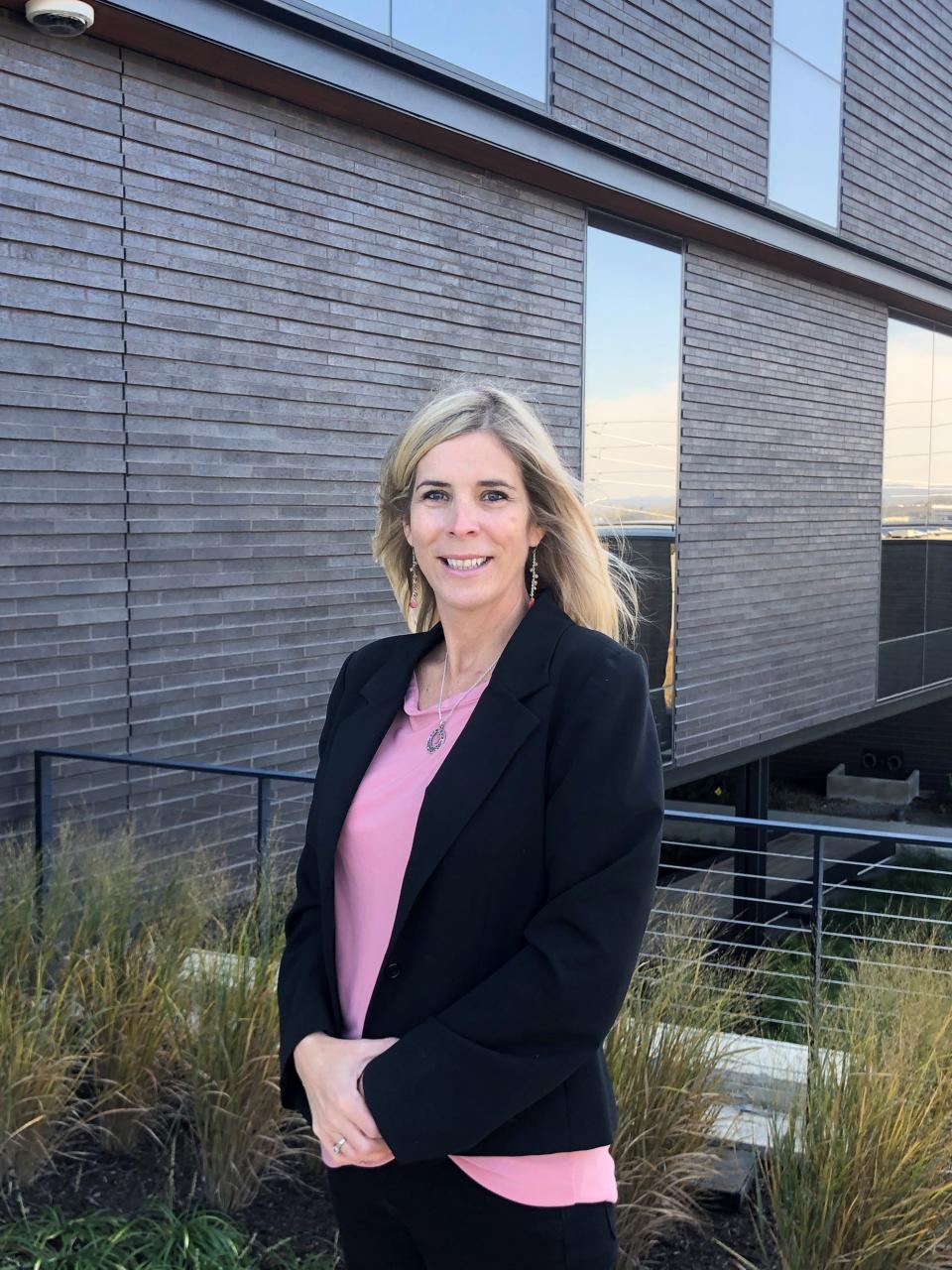Do you know what child abuse looks like? Here are tips to help prevent it
With children well into their school routines, parents and caregivers cannot let their guard down when it comes to protecting their children from abuse.
Many parents and caregivers, unfortunately, still believe that abuse will not happen in their homes or to someone they know. The reality is that no family is immune to child abuse. In Davidson County, there were 6,820 reported cases of abuse in 2022. While that is a slight decline from the previous year (when the COVID-19 pandemic resulted in school closures and limited children’s activities), reported cases are up an astonishing 33% during the past decade.
Our nonprofit, the Nashville Children’s Alliance, recently celebrated its 30th anniversary of offering the Music City community free services to children – and their families and caregivers – who have experienced sexual or severe physical abuse. We work closely with the Tennessee Department of Children’s Services, the Metropolitan Nashville Police Department and the Office of the District Attorney General to provide a comprehensive approach to investigating child abuse.
This unique partnership has helped us create a roadmap to prevent child abuse and help children and families heal and protect them from harm. Here is how you can help.
7 things you can do to prevent child abuse
There is no surefire way to protect children from their abusers, but there are multiple actions to take that can help reduce the risk or prevent further harm. Here are a few steps that can help keep children safe.
Know where your child is going and with whom they are spending time.
Know the parents if your child is spending time in their home.
Talk to your children in an age-appropriate way about child abuse.
If your child mentions they have been abused, stay calm. Do not ask a lot of questions, and immediately report the alleged abuse.
Be aware of what your child is doing when they are alone.
Know what your children are doing online. Know their login credentials so you can see their social media activity.
Check their phones for abusive texts or images.
Keep Tennessee kids safe: Why child abuse prevention must be a year-round commitment
Learn warning signs of abuse, neglect
Knowing the warning signs of child abuse is critical to help victims. Here are a few signs to look for:
Repeated injuries, especially bruising
Loss of appetite
Disrupted or disturbed sleep (nightmares, bed wetting, fear of sleeping alone)
Unusual behavior (aggression, withdrawal, disruptive)
Sudden decline in academic performance
Verbal cues (talking about violence or age-inappropriate sexual behavior)
How to report abuse and get help in Tennessee
If a member of your family or someone you know has been traumatized by child abuse, immediately call DCS and MNPD to report the abuse. You can have free access to a wide range of services NCA provides, including:
Forensic interviews: These legally defensible interviews aim to help a team of highly trained experts gather as many facts as possible to help child abuse investigators.
Non-offending caregiver support: This service empowers non-offending caregivers with resources to support their children and help them heal from abuse. Non-offending caregivers can also receive support to help them apply for victim compensation and other resources.
Trauma therapy: A wide range of trauma-focused therapies – such as eye movement desensitization and reprocessing therapy, play therapy, sand tray therapy, and somatic-based therapy and other modalities – are available to families.
Acute-care counseling: This program designed for children with high-risk needs allows them to be seen by licensed clinical staff for approximately 12 weeks.
Court support: NCA staff can help prepare the child for court proceedings. Families and non-offending caregivers can access most services at our offices at the Family Safety Center.
Middle Tennessee is a great place to live and raise a family, but child abuse knows no racial, cultural, religious or socioeconomic boundaries. Knowledge is power, and the more informed our residents are about child abuse, the more we can protect the children of Nashville.

Dawn E. Harper serves as chief executive officer for the Nashville Children’s Alliance.
This article originally appeared on Nashville Tennessean: Parents, caregivers can help prevent abuse in Tennessee. Here's how

